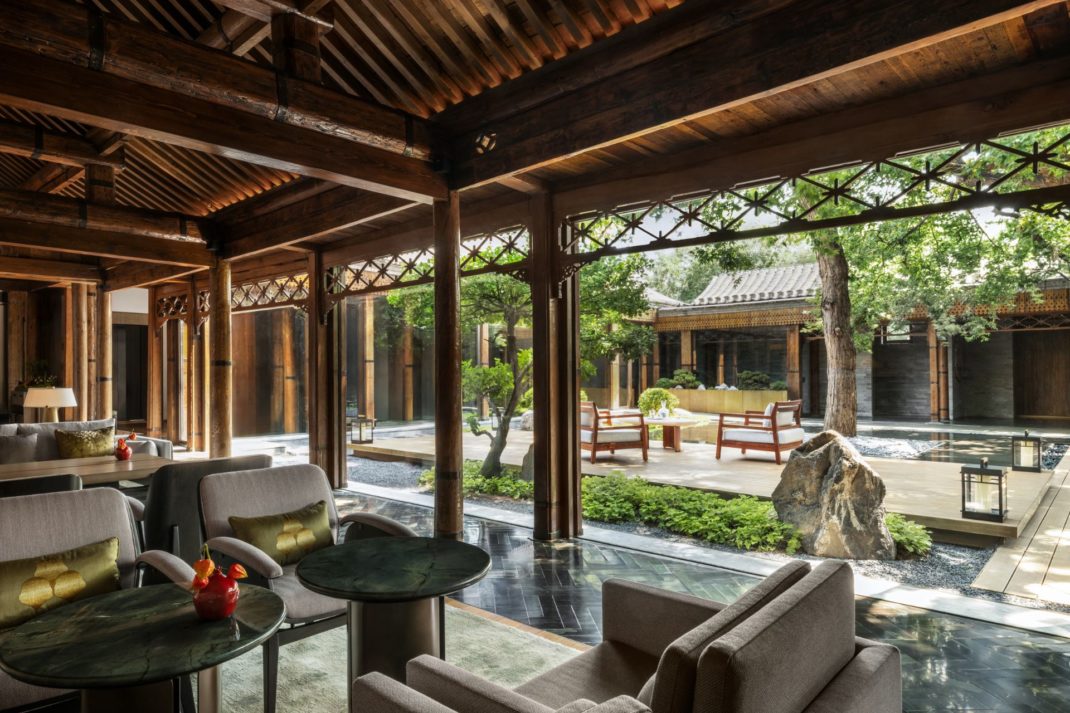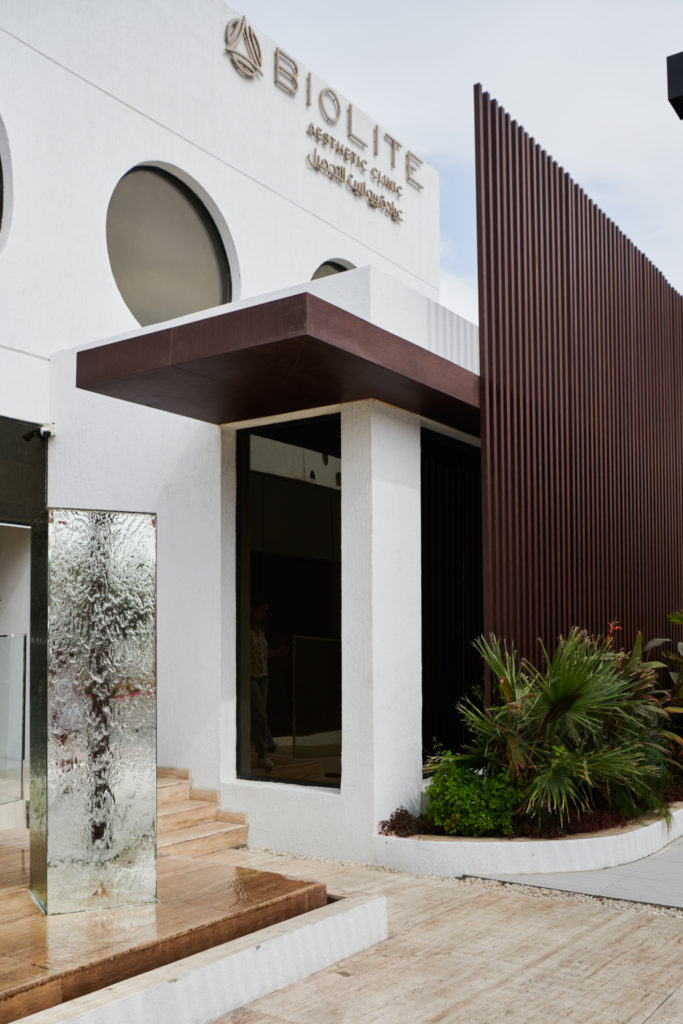Meet the Winners of the C&TH x Polestar Sustainable Hotel of the Year Award 2024
By
12 months ago
These hotels are leading the UK's green hospitality revolution
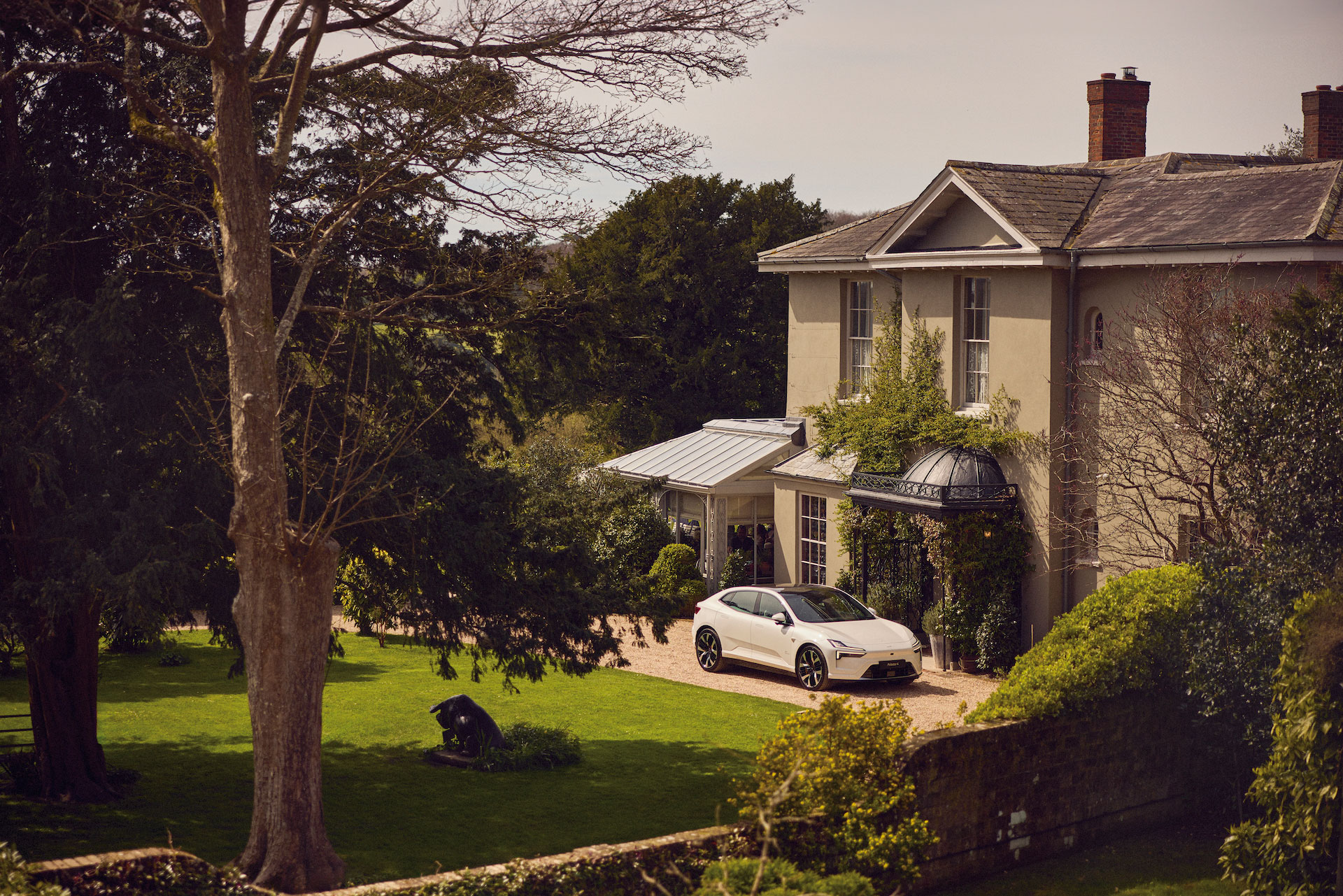
Last year saw the launch of Country & Town House’s Sustainable Hotel of the Year Award, in conjunction with EV marque Polestar. It was cheering to dive deep into some of the extraordinarily committed work that was going on quietly behind the elegant bones of some of our most hallowed hotels.
C&TH Sustainable Hotel of the Year Award 2024, Sponsored by Polestar
This year, we were curious to understand how they had progressed on their journey to sustainability, as well as being keen to encourage new entries from every corner of our isles and Ireland. We were delighted that establishments – from gracious city grand dames such as the Mandarin Oriental in Knightsbridge to deeply rural boutique B&Bs like Breac.House and private houses such as Keythorpe Hall in Leicestershire – took time to fill in our wide-ranging questionnaire, which delved into everything from local employment rates and living wages to food supply chains and social impact policies.
Of course, there is no such thing as perfection, although this year did see one hotel, Whatley Manor in Wiltshire, become Britain’s first ‘climate-positive’ hotel. Under the forward-thinking leadership of Sue Williams, who has now moved on, the hotel has spent five years on a detailed and ambitious programme to reduce its Scope 1, 2 and 3 carbon emissions, achieving EarthCheck Silver certification (one of the world’s leading certification, consulting and advisory groups for sustainable destinations and tourism) in 2022 and joining NOW’s Climate Positive Programme to intensify its actions in global climate projects. How did it become climate positive? This has been achieved by investing in gold-standard offsetting – not everyone’s answer to the reduction needed on our own patch but for now part of a jigsaw of solutions.
More progression was seen by hotels like The Hari in Belgravia which last year hired its first sustainability manager to oversee strategy for the hotel, which has nice touches such as free bike hire, a living wall and The Hari Art Prize programme for aspiring artists.
Some hotels, of course, have embedded sustainability from the off. The Inhabit hotel brand, for example, is a B Corp business that puts wellness and sustainability at the heart of what it does. We particularly admired its extensive network of green and socially minded suppliers, partnering with other B Corps where possible, such as Social Supermarket which supplies lovely products from social enterprises or purpose-led brands for the minibars.
We introduced this prize not only to celebrate the hospitality industry’s drive and determination to be part of the change we must all embrace, but to also share learnings and spotlight practices to encourage others to take their first green steps. It’s a rewarding if challenging journey, but to futureproof your business and attract a new and younger cohort of guests who are more sustainably minded, it’s a must-do, not a nice-to-have.
But this will only matter if hotels are also providing a wonderful place to stay; desirable for their impeccable eco credentials, for sure, but also for service, accessibility, food, atmosphere, design and comfort – and their influence and impact on the industry at large – which is where our judges really got to work.
The Judging Panel
Fiona Duncan
She has been writing about hotels for nearly 40 years and is the Telegraph’s hotel critic; she knows what makes an unmistakably good hotel.
Juliet Kinsman
One of the UK’s best known sustainability travel journalists, broadcaster, consultant and author, Juliet also runs purpose-led consultancy Bouteco.
Francisca Kellett
Self-proclaimed eco nut and hotel junkie, and one of the UK’s leading travel writers and editors, Fran is a regular face on panels about conservation and philanthropic travel.
Petra Pettersson
Polestar’s Inclusion Lead is charged with promoting its vision and strategy on human rights, equality and diversity, as well as being part of the Sustainability team.
Lucy Cleland
Editorial Director of C&TH, driving the media group’s sustainability agenda – which included becoming the world’s first glossy magazine to attain B Corp certification in 2023.
The Winner of the C&TH x Polestar Sustainable Hotel of the Year Award 2024
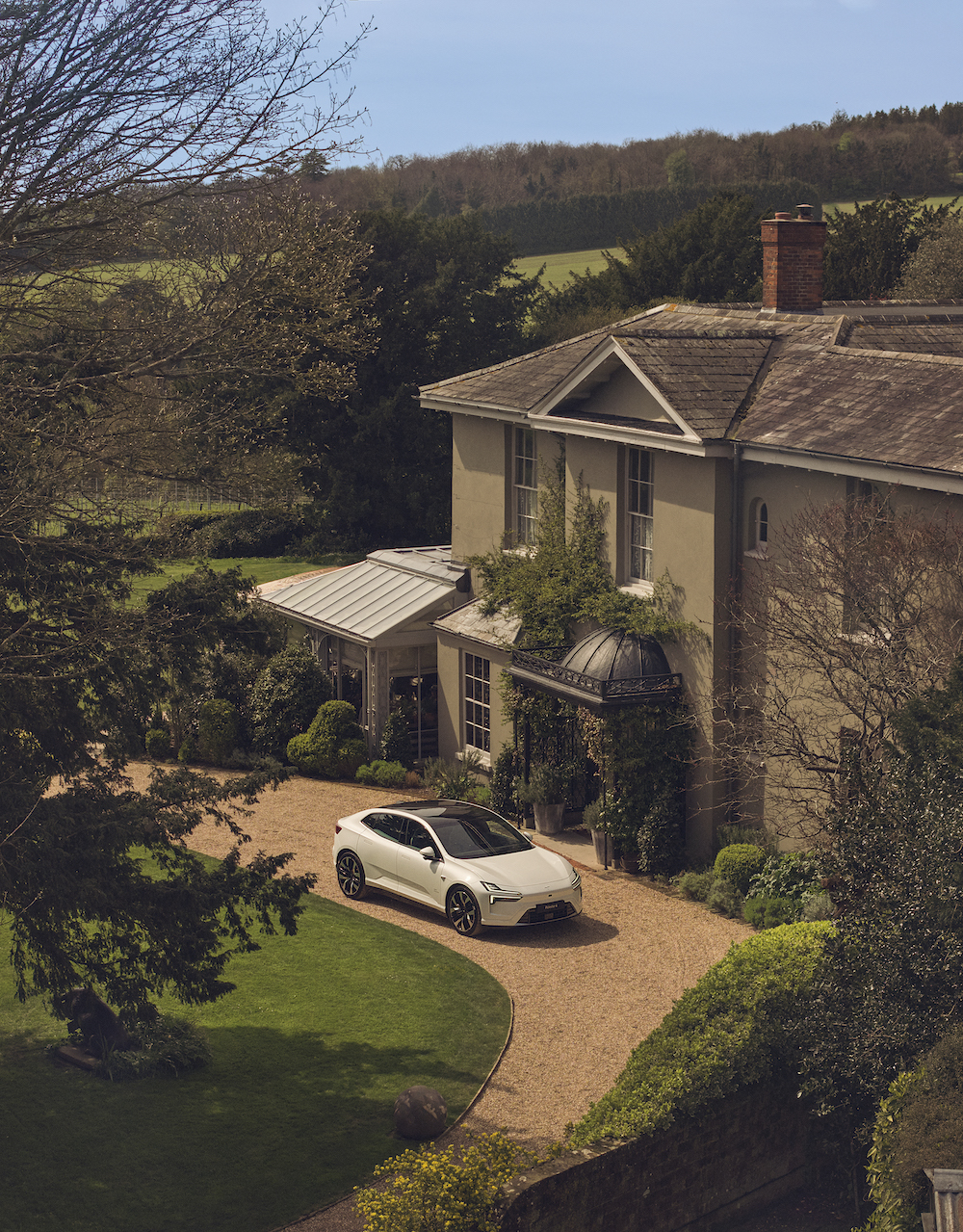
Photo by Christopher Kennedy
One of last year’s Highly Commended hotels, The Pig chain, in which there are now ten, has scooped the top spot as Country & Town House x Polestar’s Sustainable Hotel(s) of the Year.
Polestar’s Petra Pettersson, who forensically examined entries from a data and analytic viewpoint, honing in particularly on carbon reduction, gave each entry a score and The Pigs are definitely in clover. ‘They really seem to be working strategically with sustainability and integrating it into operations in a very structured way,’ she says. ‘They’re looking at their total impact, setting goals and measuring and tracking them through the Science Based Targets Initiative.’
Plus, she adds, ‘They also look at circularity such as reducing resources, recycling, minimising waste, enhancing biodiversity, and they also understand the “social” element of sustainability and work with structured and established measurements.’
It was unanimously agreed that since last year The Pigs had shifted the dial in terms of real accountability. They’ve always been known for their local ethos but embedding scientific targets into their carbon accounting means the difference between proper data and guesswork.
Founder and Chairman of The Pigs, Robin Hutson, said: ‘Together with The Pig team, I am completely thrilled that everyone’s hard work in this important area has been recognised in winning this prestigious award. Sustainability for us has been part of our way of life since day one (some 13 years ago now). We continue on that journey – one that I suspect is never truly over.’
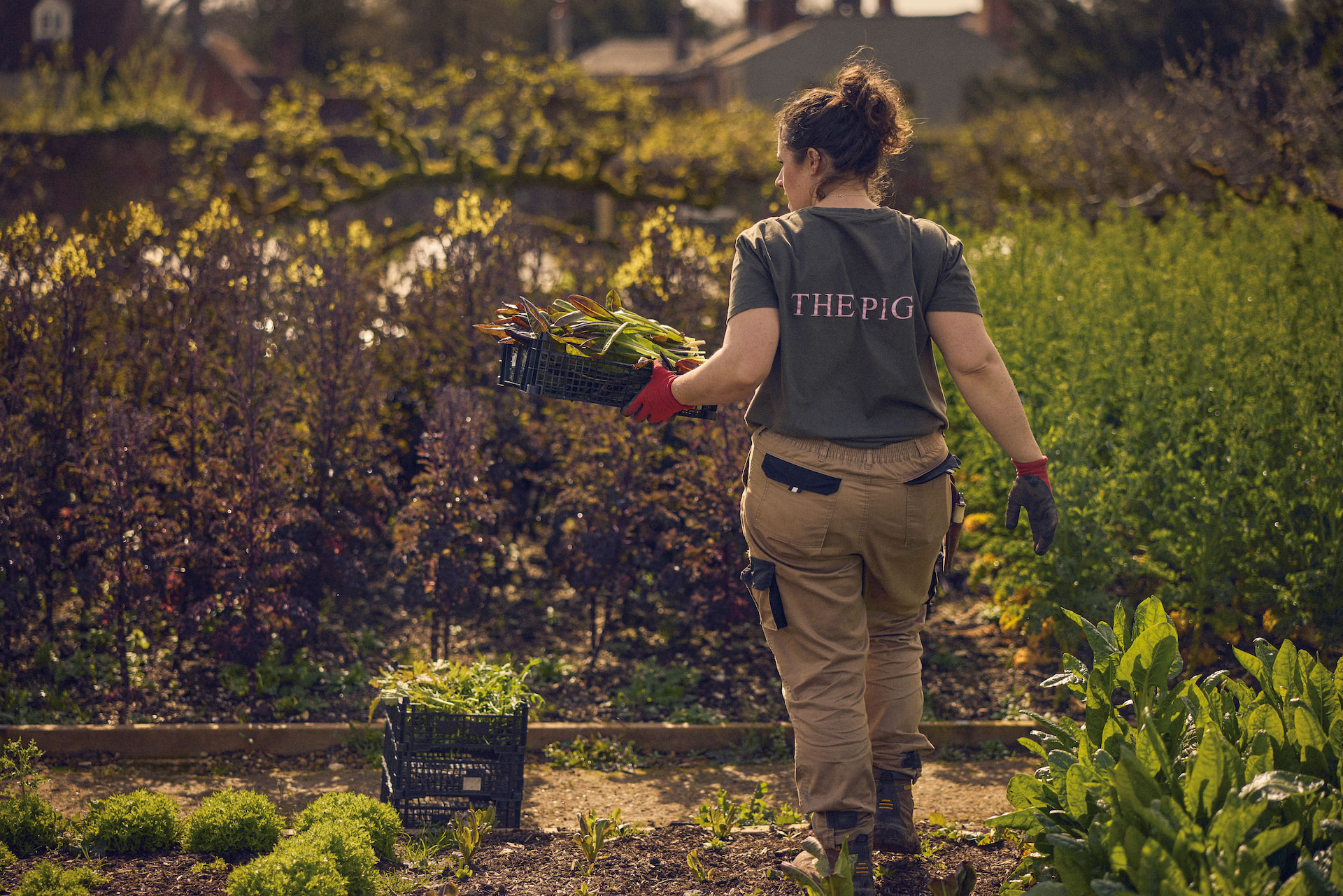
Photo by Christopher Kennedy
‘In the last ten years,’ says Fiona, ‘The Pig hotels have revolutionised the country hotel scene in the UK, creating enchanting rural boltholes that are rooted in nature and their surroundings. They have led the way, as much in their attention to the environment as in style and the example they have set with their superb sustainability practices will surely influence the whole industry.’ It was noted that their continued improvements are impressive, especially as they are no longer independent.
‘Watching them grow their portfolio, they could have compromised the integrity of their brand, and knowing private equity firm KSL Capital Partners recently got involved seemed at odds with their “homegrown” indie spirit,’ says Juliet, ‘but on balance, if they can scale how they host in a way that gets more guests closer to caring about nature and food systems, then that’s exciting. And I would hope the American private equity team connected to these porcine hosts will let their decisions be guided also by green ethics and on not just economics as they grow, grow, grow.’
So what can other hotels learn from this brand? Tracking everything is something they really excel at: from volunteer hours taken (last year every team member got three paid days off for volunteering, clocking up 1,034 hours), to water, waste and energy usage, to the number of seedlings planted; and initiatives like a habitat and species audits (just at one location), it’s getting into the minutiae of operations that really stands out.
It’s also about getting involved in local initiatives and embedding themselves in the communities in which they operate. For example, The Pig in the South Downs donated to the South Downs National Park Trust’s Bee Lines appeal, which helps restore pollinator habitat. The Pig at Harlyn Bay partnered with Surfers Against Sewage in Cornwall, contributing to beach cleans and environmental advocacy. The Pig (the OG in the New Forest) funded information resources for the New Forest Trust, supporting their efforts to protect New Forest ponies.
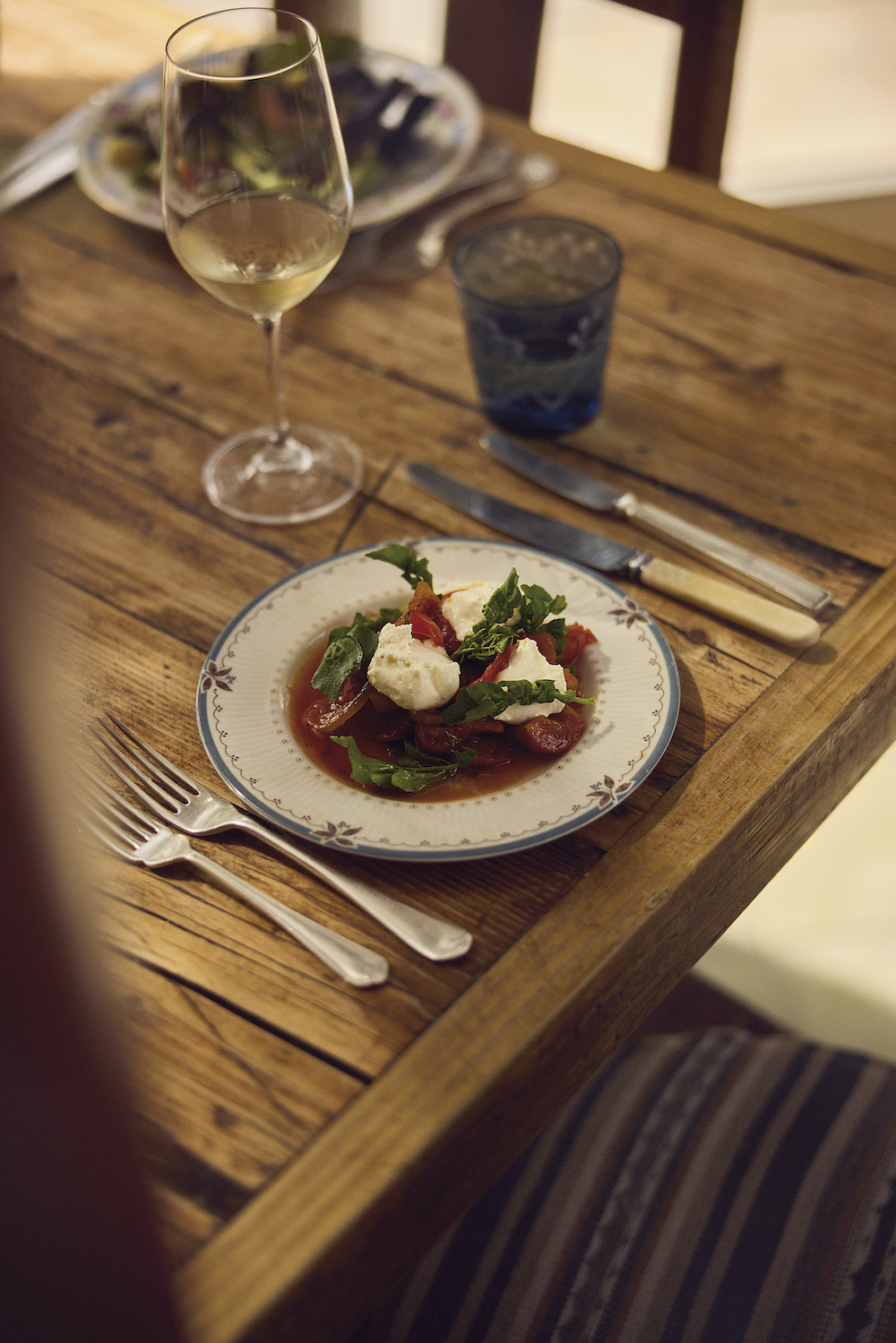
Photo by Christopher Kennedy
Food is a huge area in which all hotels can really contribute to better practices, through supplier choice, local sourcing and seasonal menus, and the reduction of meat. Waste can be reduced significantly and even eradicated – although this is easier for rural hotels with composting facilities on site. Food has always been at the heart of The Pigs, with their famous kitchen gardens and 25-mile menus. By making simple swaps like offering pear and apple juice instead of orange, and producing their own honey, using the surplus breakfast items in lunch and dinner service (like croissants in puddings), creativity can really come into play – celebrating food in a responsible way but still keeping it outstanding.
And what about the future? Can we be assured that this group will continue to fly the sustainability flag, given the aforementioned new ownership? Looking at its ambitions for the next year at least, it looks like we can rest assured. It’s applied for B Corp certification, which it hopes to attain in 2024; it has set targets around hiring apprentices and reaching 2,000 hours of volunteering; and it is training all of the hotel directors in DEI and Belonging – with a 2024 focus on neurodiversity.
Unique plans afoot also include launching a candle-end recycling scheme, rolling out the habitat and ecology audit to other sites, and creating more creature-friendly habitats. There are also ambitious reduction targets against energy, waste and mileage across the board. The Pigs are definitely flying. thepighotel.com
We Also Loved…
These places to stay also scored high in the sustainability stakes.
Breac.House, Country Donegal, Ireland
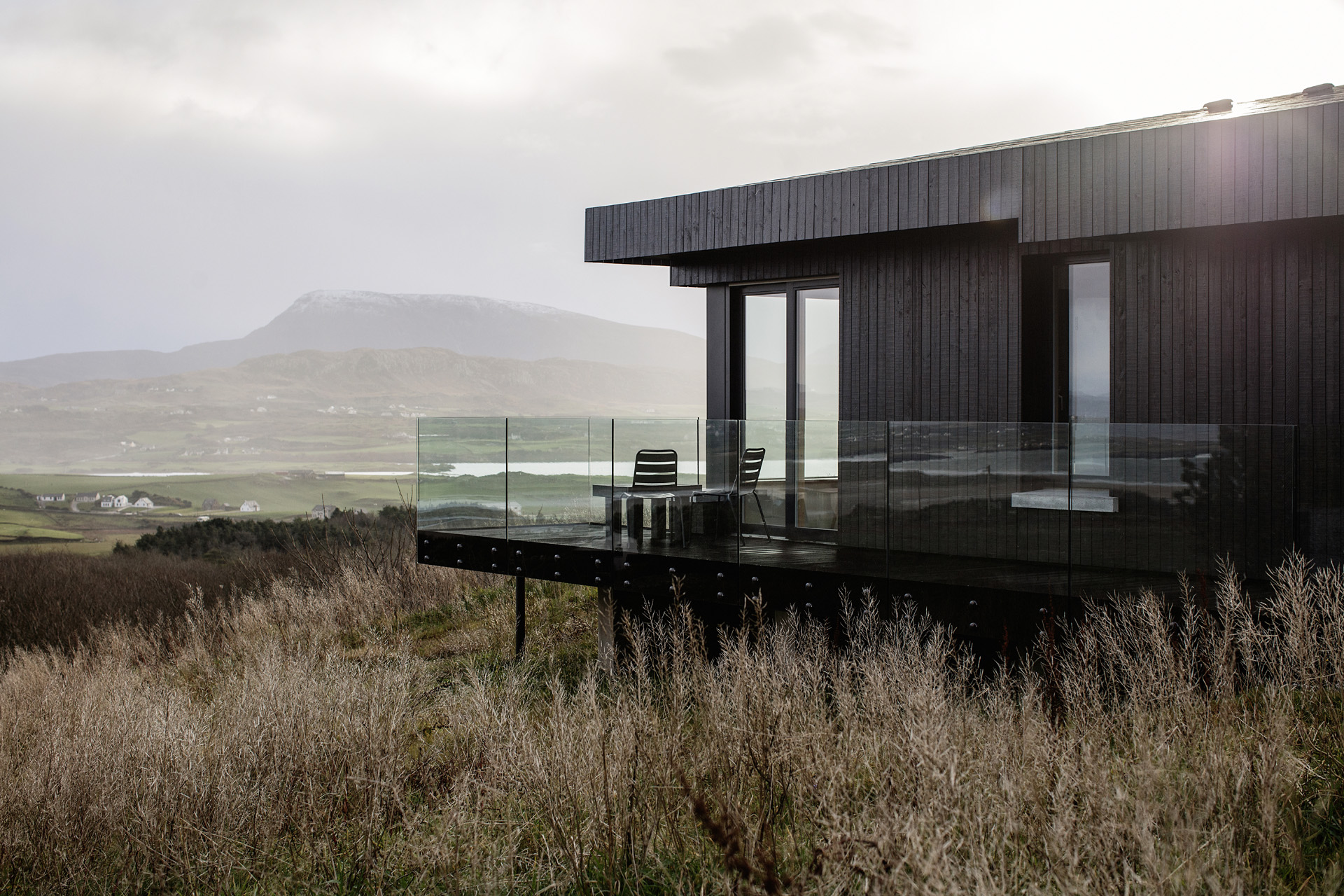
Proof that small doesn’t mean unsustainable, Breac.House – which has only four bedrooms – exemplifies ‘sensitive, delightfully small-scale conscious hospitality,’ says Juliet. ‘This is exactly the kind of independent low-key-luxe B&B we should all seek out and support whenever we can.’ Owners Cathrine Burke and Niall Campbell prove that you can manage sustainability strategically and efficiently through proper measurements and monitoring. As they say themselves: ‘Sustainability is now a way of life for us. We track our rainwater harvesting levels and energy consumption daily with smart apps, and every decision we make is always informed by our sustainability philosophy.’ breac.house
Heckfield Place, Hampshire
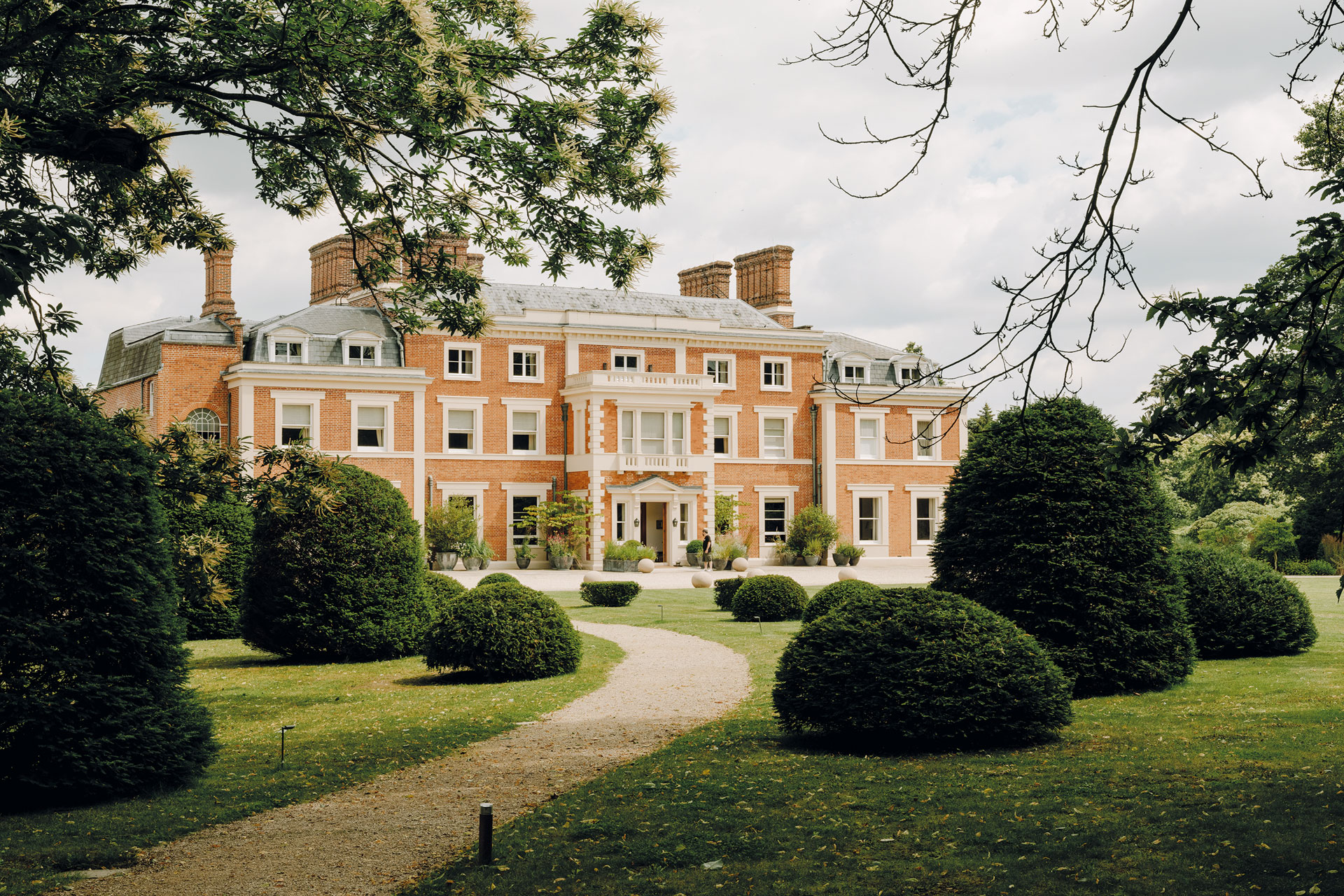
‘Heckfield Place is a dream of a hotel, and its approach to soil only makes it more so. Full marks for bringing the idea of biodynamic farming into the mainstream,’ notes Francisca, while Juliet says, ‘I salute Heckfield Place heartily for sexing up the topic of soil as they have since the start of their biodynamic journey – and I’d urge anyone who goes to stay there to have a proper look around their grounds and hear first-hand how and why they aim to be kinder to the environment.’ High praise indeed for this Hampshire hotel that is also hoping to become B Corp-certified in the near future and has chef Skye Gyngell at the helm of the restaurants – Marle and Hearth – meaning food will be as deliciously creative as it is sustainable. heckfieldplace.com
The Bull Inn, Totnes, Devon
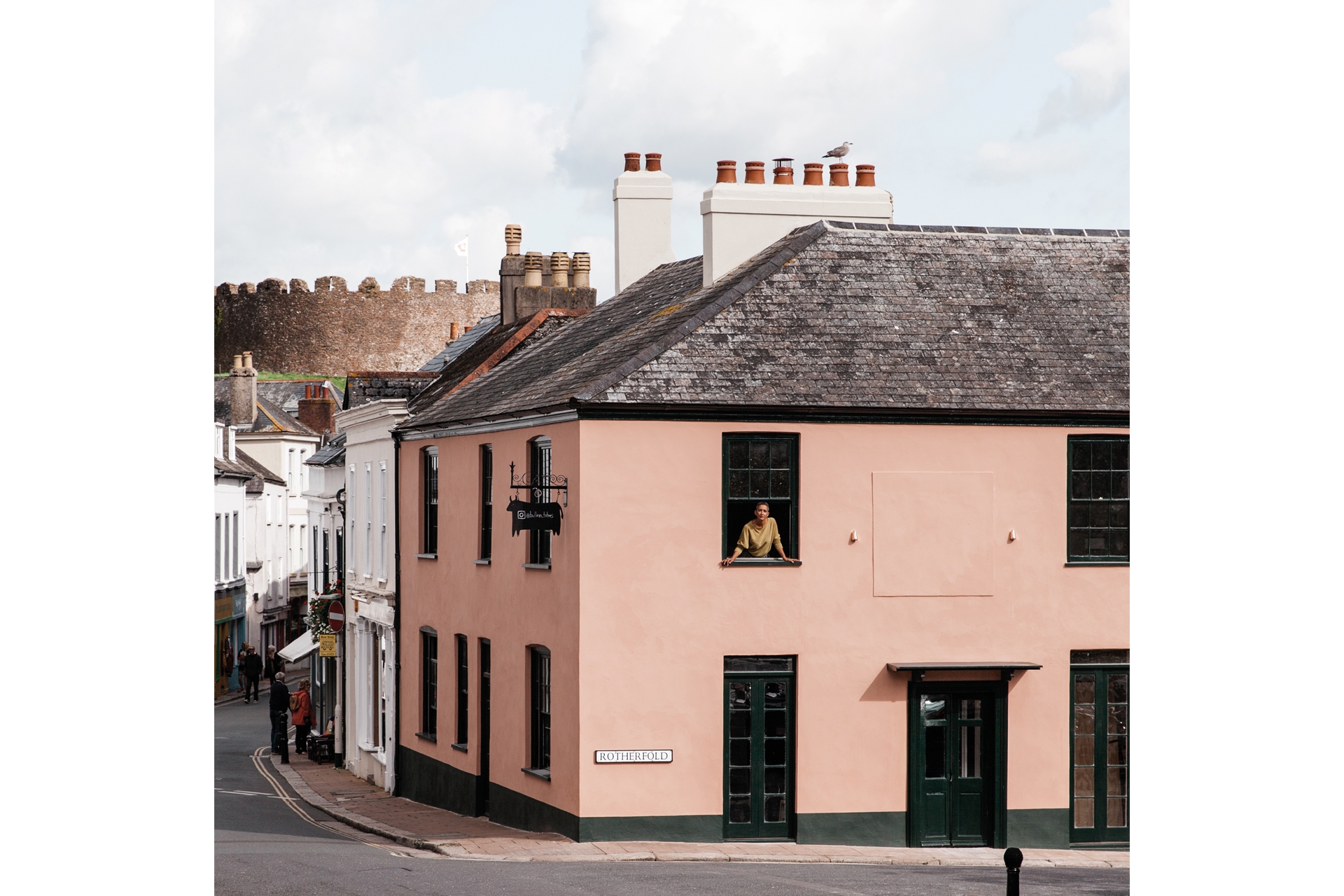
Highly commended by us last year, this trailblazer in Totnes (dubbed ‘the most forward-thinking eco settlement in the UK’ by the Guardian) continues to lead the charge in an exciting and creative way. This includes the launch of a fish and chip shop which encourages customers to ‘eat the alien’ – i.e. rather than using certain types of fish stock that are endangered, they’re educating the public about other changing tastes towards creatures that are in vast quantity. Their innovative approach to their wine list is also something that others could learn from – by moving their house wine to BiBs (Bag in a Box), they’ve saved 14kg of glass from being transported on a weekly basis. ‘I love how they wear their hearts on their sleeves with their “no bull” communications that tell guests exactly what they’re doing and why,’ says Francisca. bullinntotnes.co.uk
Mandarin Oriental, Knightsbridge, London

This Mandarin Oriental is an impressive example of a large-scale city hotel making fantastic efforts in this space, with an opportunity to have a huge impact on the luxury industry at large. Their work with renewable energy is of distinct note; they have partnered with Naked Energy to install a solar heat technology on the rooftop, with which they aim to cut the building’s carbon emissions significantly. Another innovative approach is their use of Winnow Vision, which is an AI-powered food waste management system that has allowed them to decrease their food waste by 50g per cover since it was implemented last May. While it can be more difficult to source food locally in the city, they prioritise Fairtrade and sustainable certified products. mandarinoriental.com


